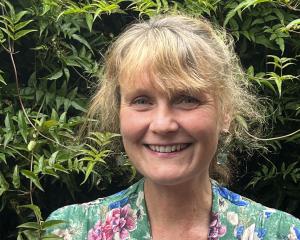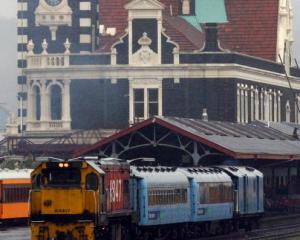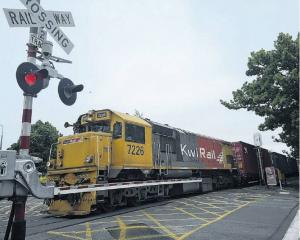The deciding factor in settling Syrian refugees in Dunedin was its "tremendous swell of support'' for the cause, a public meeting in the city was told last night.
About 250 people, most in support of the initiative, packed the Glenroy Auditorium in the Dunedin Town Hall.
About 45 refugees will arrive in Dunedin in April and up to 150 this year, as the city becomes the country's sixth resettlement area.
Up to 175 refugees are expected next year, as part of an additional 600 taken in by New Zealand.
Dunedin Mayor Dave Cull said the turnout for the public meeting, held to inform the community of resettlement plans, showed how much support there was for the cause.
"It makes me actually very proud to live in a community where people care so much that they put their hands up, turn up and help people in need. I am humbled and proud by the generosity shown by our community.''
Mr Cull said the council's role in the resettlement process was to keep the community informed of the process and to advocate for the cause.
"[It's about] being a voice for the refugees and helping to counter the often irrational arguments ... from the small but very vocal minority as to why we shouldn't accept refugees into our community.
"Dunedin actually needs to change its population balance and its demographic balance in order to achieve community sustainability.
"Our history as a city has shown that welcoming immigrants ... adds to the vibrancy of our city. They become an asset.''
The gathering also heard from Immigration New Zealand refugee and protection manager Andrew Lockhart, Red Cross national programme manager Rachel O'Connor and Ethiopian refugee Darwit Ashak and the panel took questions from the public about the resettlement plan.
Mr Lockhart said Dunedin was selected for resettlement ahead of Napier, New Plymouth, Tauranga and Invercargill due to more favourable employment, housing, government services, education and community support criteria.
"The leadership and the commitment from the community really did come through very strongly and ... that was a big factor in deciding on Dunedin.''
Most refugees would move into social housing on arrival and support and services from agencies including the Red Cross and about 150 volunteers would orient and support families in living in Dunedin.
Advertisement













